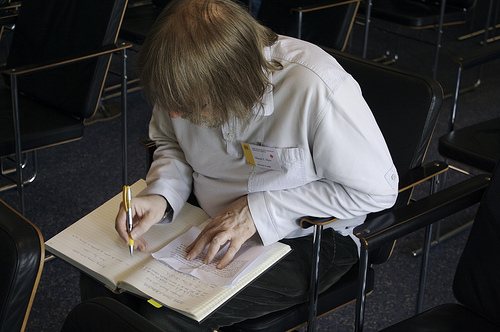Redundant Sentences, Unnecessary Phrases: How to Edit Your Writing for Concision
Why is it so important to write concisely in academic writing? To allow your meaning to come across clearly. Redundant sentences, unnecessary phrases and repetition distract your reader from what you are trying to say and can sometimes obscure your meaning completely. They can make your work seem overly wordy and confusing. Here is a … Read more






